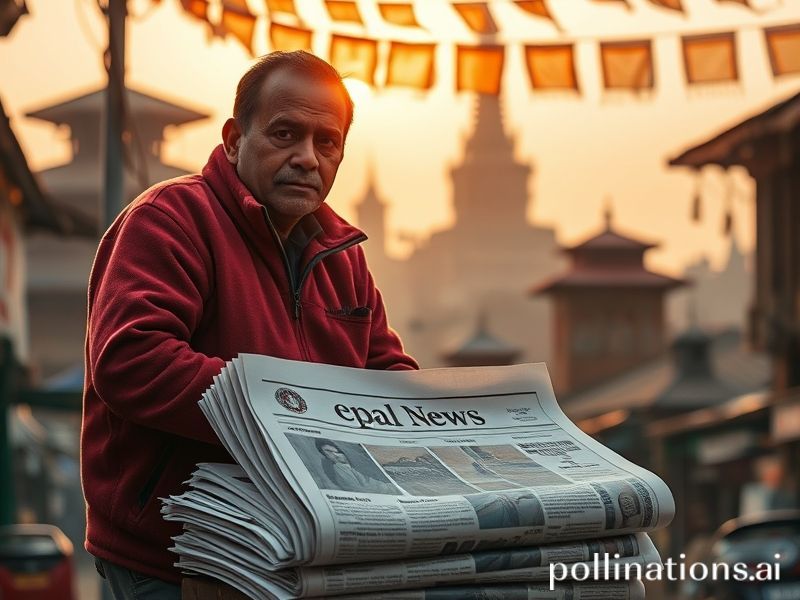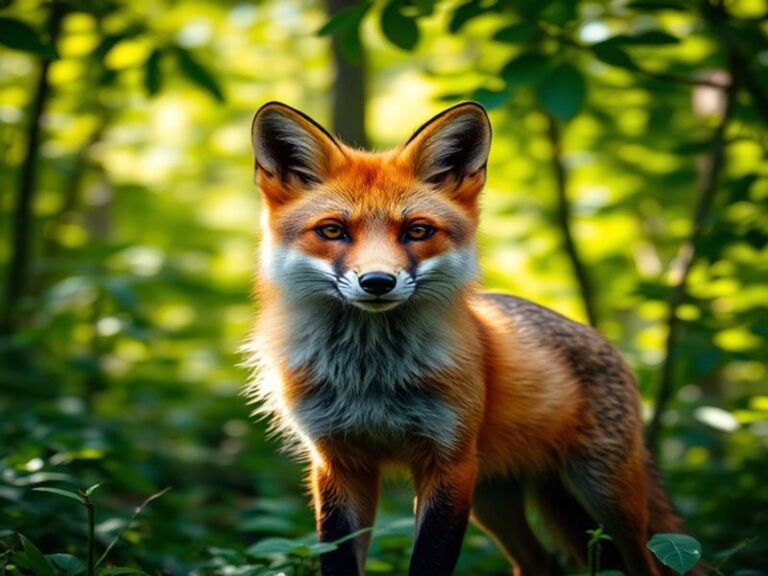Nepal’s High-Stakes Balancing Act: Elections, Everest, and the World’s Slowest Avalanche of Hope
Kathmandu, Nepal – While the rest of the planet was busy live-tweeting the implosion of yet another tech mogul’s ego, Nepal quietly reminded everyone that altitude can still trump attitude. The Himalayan republic—sandwiched between two nuclear frenemies who can’t agree on whose map is more delusional—just pulled off two feats that actually matter: it wrapped up its first local elections under the 2015 constitution without anyone storming the palace, and it reopened its mountains to foreign wallets after a pandemic-induced coma. Translation: a nation whose GDP is roughly equal to Elon Musk’s weekend stock swings is teaching the world how to hold elections on the roof of the world while praying the glaciers don’t file for divorce.
Let’s zoom out, because context is everything and the Himalayan view is spectacular, if terrifying. Nepal’s elections handed mayoral chains to a hodgepodge of communists, centrists, and a charismatic rapper-turned-councilor whose campaign slogan roughly translates to “At least I’m not laundering yak cheese.” The peaceful transfer of dusty ballot boxes matters far beyond the Kathmandu valley; it demonstrates that fragile democracies can stagger forward even when half their youth are in Qatar building stadiums for a World Cup they’ll never afford to watch. Meanwhile, the reopening of Everest to paying customers signals the return of the world’s most expensive conga line above 8,000 meters—an annual ritual where the wealthy pay Sherpas to drag them past corpses so they can tweet #blessed before frostbite sets in. Global supply chains may be collapsing, but the supply of human hubris remains reassuringly infinite.
The international implications? Start with geopolitics. China is busy paving “friendship roads” straight to Nepal’s border, presumably so Belt-and-Road dump trucks can deliver both concrete and surveillance cameras. India, not to be outdone, is gifting airports like an overeager uncle handing out sweets at a wedding. Washington, late as ever, just realized Nepal exists and is now offering “capacity building” workshops on everything from cyber security to yak husbandry—because nothing says soft power like PowerPoint slides on livestock. The result is a Himalayan Switzerland where every great power gets to play neutral while pretending the mountains themselves aren’t sliding into the rivers due to climate change. Speaking of which, Nepali officials now calculate glacier loss in units of “potential hydropower revenue,” a refreshingly honest metric that monetizes doom.
Then there’s tourism, the country’s heroin-with-a-view. After two years of zero arrivals, Nepal has gamely rebranded itself as the perfect post-Covid destination: remote, thin-aired, and statistically unlikely to kill you with the virus when an avalanche will do it faster. European backpackers—fresh from protesting capitalism back home—are once again paying $50 a night for Wi-Fi that only works when the yak tethered to the satellite dish faces north. The Nepali rupee, meanwhile, is so grateful for hard currency it’s practically genuflecting at immigration counters. Global airlines have responded by adding “Himalayan Experience” flight paths that burn extra fuel for that Instagrammable wingtip-over-Everest shot, because nothing combats climate change like marketing it.
What does all this mean for the rest of us, shivering down at sea level? Simply that Nepal is the canary in the coal mine wearing a down jacket. If a country with 30 percent of the world’s top-ten peaks can still hold elections, keep its glaciers on life support, and sell existential dread as an adventure package, then perhaps there’s hope for the rest of the circus. Or perhaps not. The glaciers are retreating faster than political promises, and the last time a Nepali minister promised “sustainable tourism,” a new five-star hotel sprouted next to a UNESCO heritage site faster than you can say “heritage cocktail bar.”
In conclusion, dear reader, bookmark Nepal. It’s the rare place where democracy, geopolitics, and planetary collapse meet at 5,000 meters and decide, what the hell, let’s have momos. If the world ends tomorrow, you’ll hear it first from a yak herder with 5G. Probably while he’s live-streaming a TikTok dance on a melting glacier. Namaste, and pass the oxygen.







